Islamic countries pledge humanitarian trust fund to stave off humanitarian crisis in Afghanistan
Foreign ministers who attended the latest meeting of the Organization of Islamic Cooperation (OIC) have pledged to establish a humanitarian trust fund to address the growing chaos and economic crisis in Afghanistan.
Pakistan's Foreign Minister Shah Mahmood Qureshi made the announcement while addressing the 17th Extraordinary Session of the OIC Council of Foreign Ministers in Islamabad, Pakistan, on Sunday.
Qureshi said the fund will be set up under the Islamic Development Bank to channel aid to Afghanistan in coordination with other groups. The top Pakistani diplomat further said unlocking financial and banking channels was essential "because the economy can't function and people can't be helped without a banking system."
Qureshi said the deepening crisis could bring mass hunger, a flood of refugees and a rise in terrorism.
"We cannot ignore the danger of complete economic meltdown," he said
Nearly all the speakers made mention of an inclusive government in Afghanistan and the Taliban's need to protect the rights of minorities.
In a speech to delegates, Iran’s Foreign Minister Hossein Amir-Abdollahian said establishment of sustainable security and stability in the war-torn Afghanistan was only possible through the formation of an inclusive government, which would represent all ethnic groups and religions in the country.
Acting Afghan foreign minister Amir Khan Muttaqi said the US freezing of assets "is a clear violation of the human rights of Afghans, and can be interpreted as enmity with an entire nation."
"All must acknowledge that political isolation of Afghanistan is not beneficial for anyone, therefore it is imperative that all support the prevailing stability and back it both politically and economically," he said.
A final statement from the meeting said that allowing Afghanistan access to its financial resources would be pivotal to preventing economic collapse and said realistic pathways to unfreezing billions of dollars in central bank reserves should be explored.
The OIC was being asked to consider a six-point plan to help Afghanistan that would engage with the Taliban authorities to help ease pressure on the country. It would include coordinating aid, increasing investment, helping rebuild Afghan institutions and providing technical experts to manage the economy.
Any aid pledges were set to be announced Sunday evening.
Prime Minister Imran Khan earlier told a meeting of foreign ministers, “Unless action is taken immediately, Afghanistan is heading for chaos.”
According to recent surveys by the World Food Programme (WFP), an estimated 98% of Afghans are not eating enough, with seven in 10 families resorting to borrowing food, which pushes them deeper into poverty.
Afghanistan has been teetering on the brink of a major humanitarian catastrophe. In recent weeks, UN agencies have sounded the alarm bells, warning that millions of Afghans could run out of food before the onset of winter and around one million children are at risk of starvation.
The unfolding crisis has also affected the already fragile banking system in the country, especially with billions of dollars in Afghan assets frozen by the US since the takeover of Afghanistan by the Taliban in August.
The Taliban, who had previously ruled Afghanistan from 1996 to 2001, took power again on August 15 as the US was in the middle of a chaotic troop withdrawal. The group announced the formation of a caretaker government on September 7. No country has yet recognized their rule. Since then, the Taliban have been struggling to contain a deepening economic crisis.
The UN says Afghanistan is facing "one of the world's worst humanitarian disasters."
Hamas thanks Iran, Resistance Front following achievement of ceasefire in Gaza
'Capitulation': Israeli officials and media concede Gaza defeat as truce unfolds
'Gaza has won': Social media users react to ceasefire with mix of relief, joy
Iran seeks South Korea’s assistance for AI, fiber-optic projects
VIDEO | Iran's 'Eqtedar' (Power) maneuver
Israel hits HTS military target in Syria for 1st time since fall of Assad
VIDEO | Press TV's news headlines
Israel has slaughtered 13,000 students in Gaza, West Bank


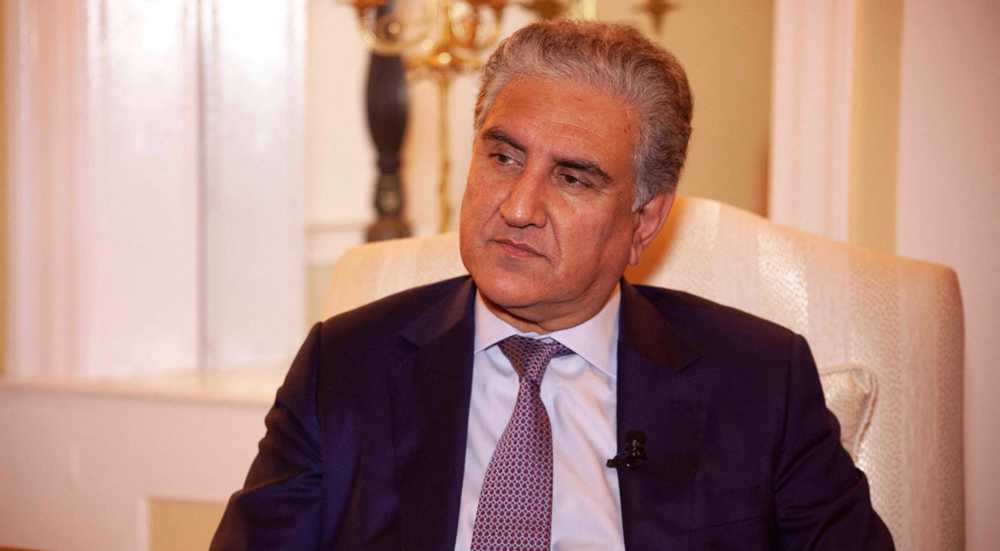
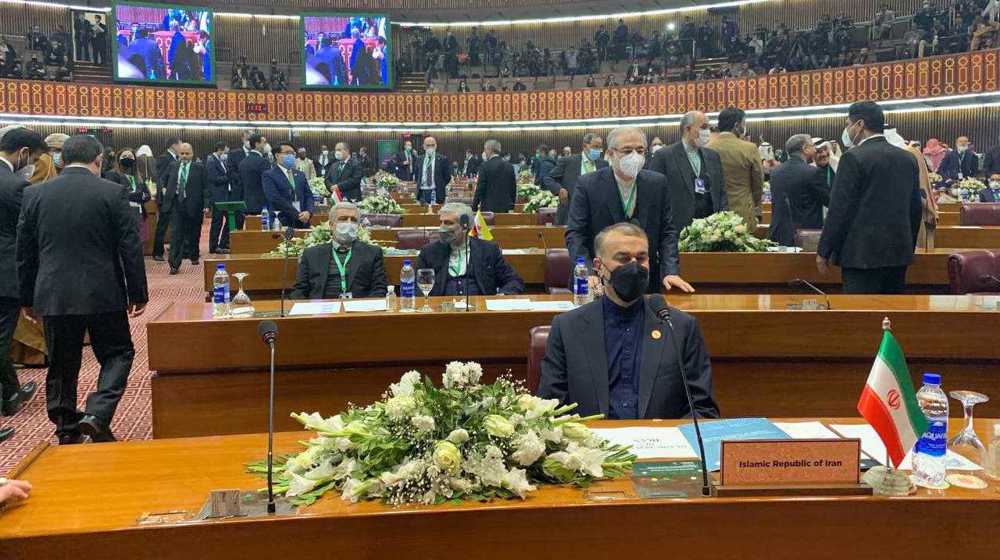

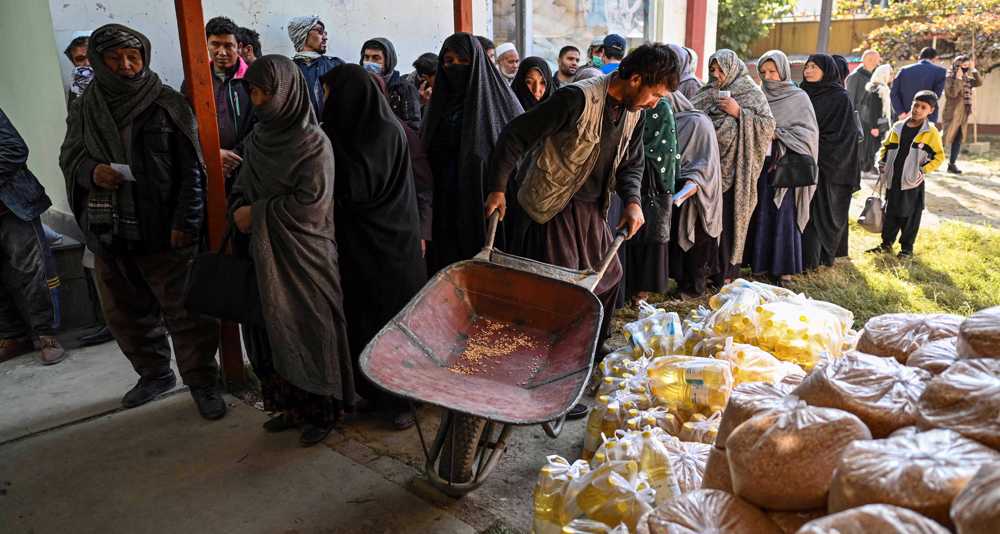
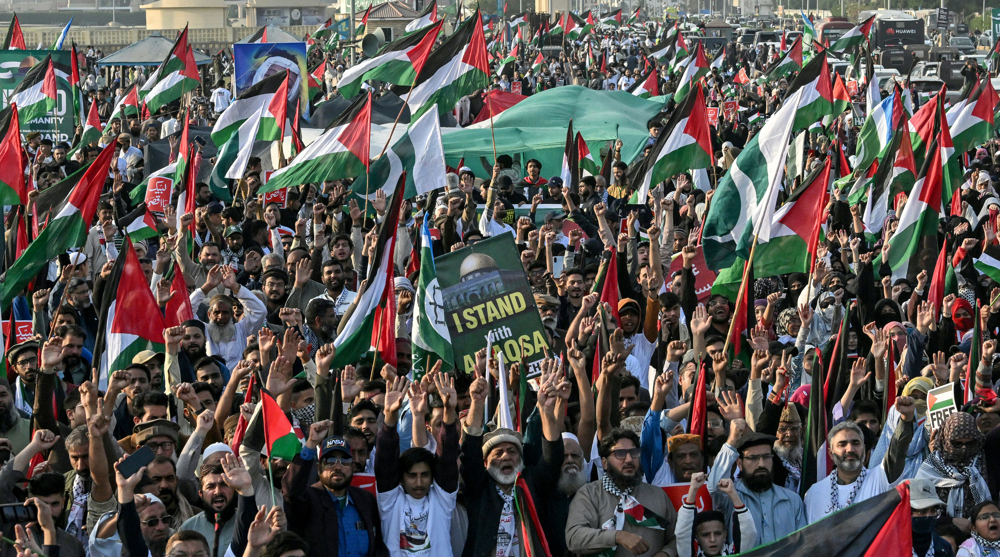

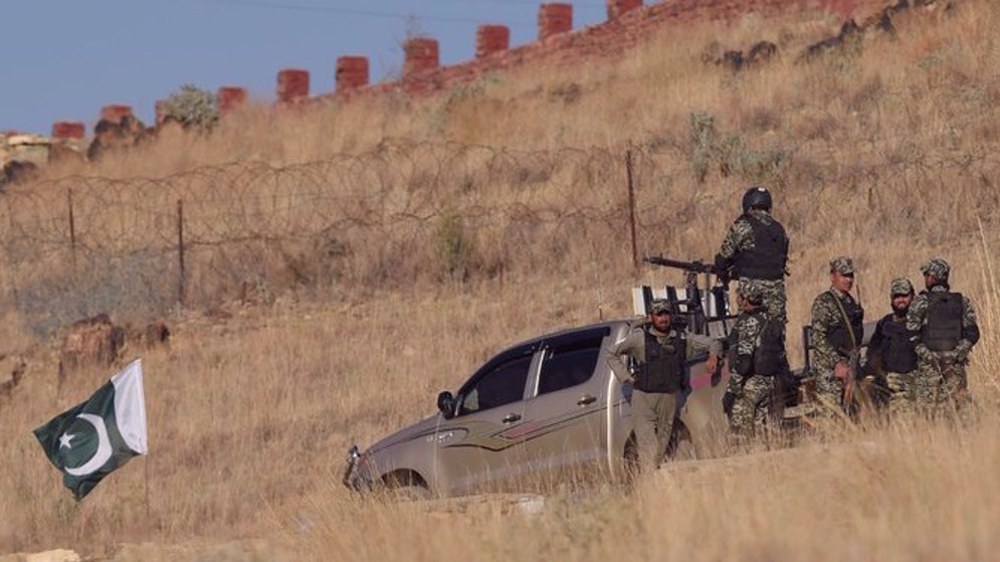



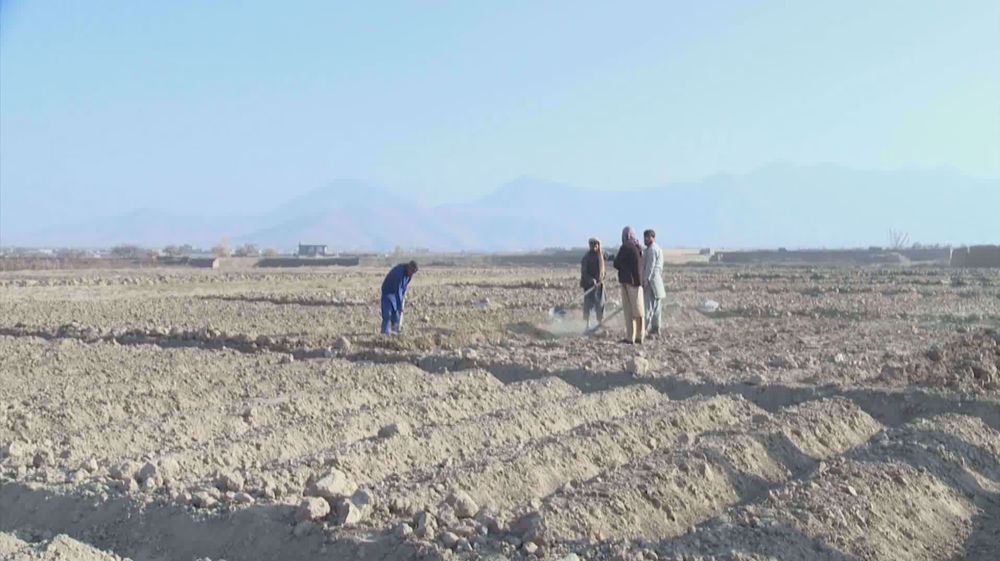
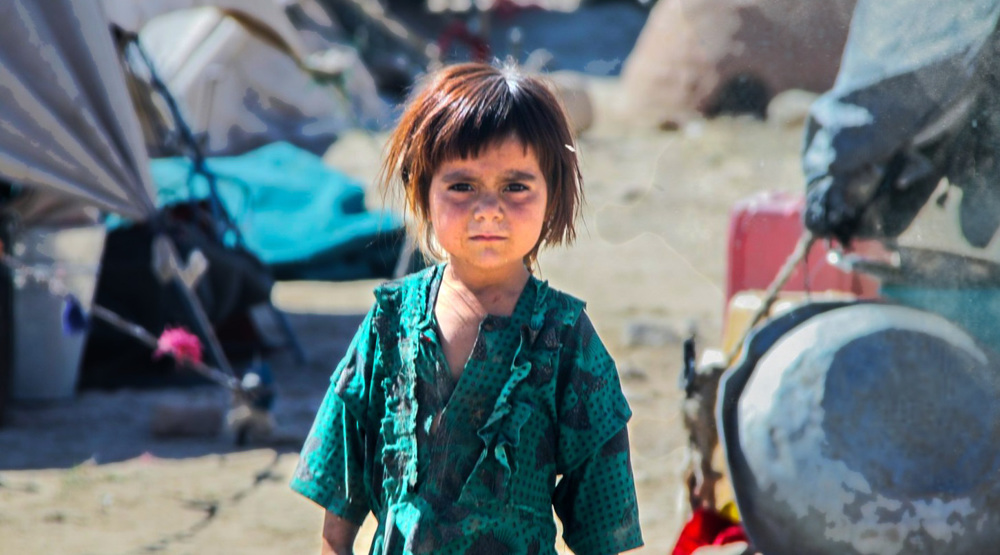

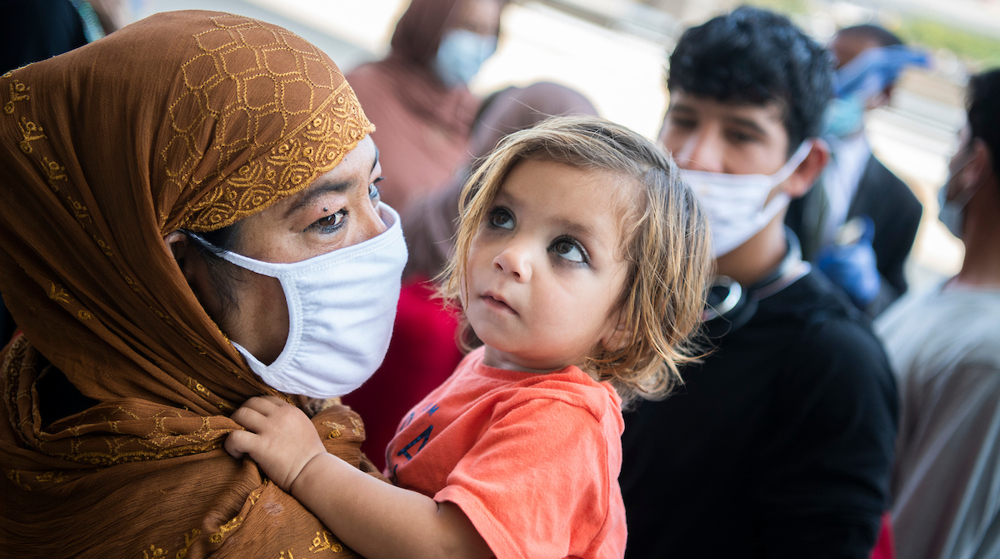
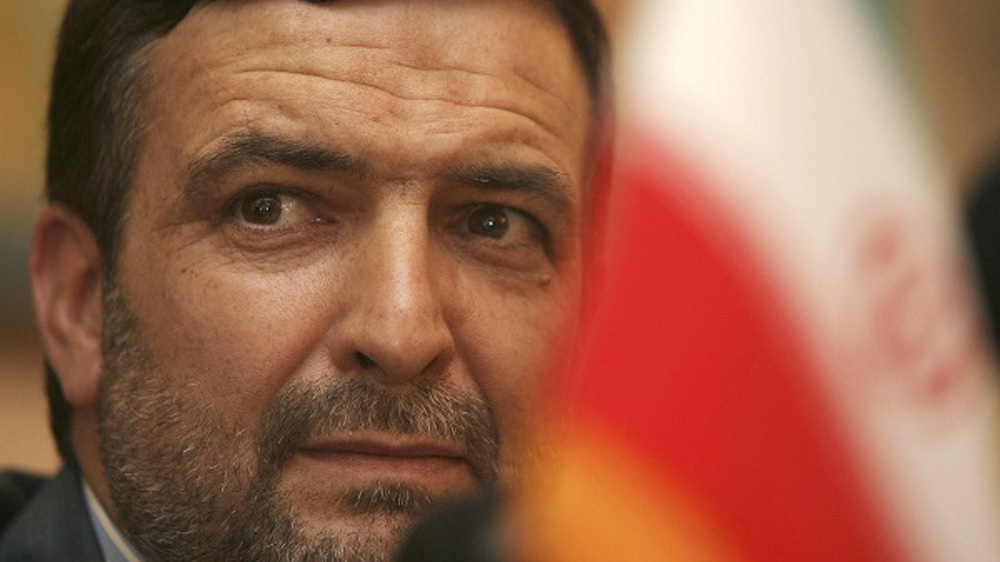
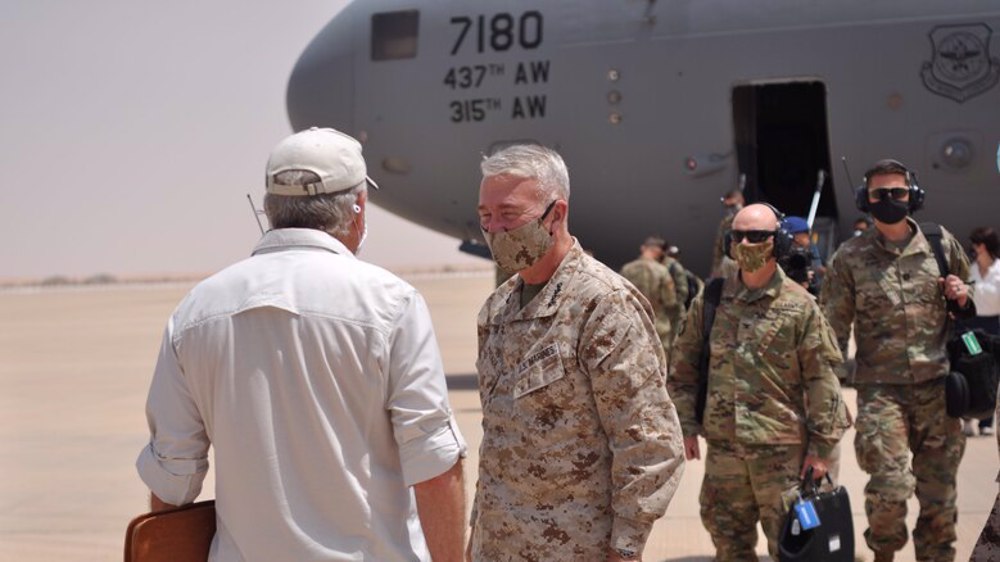
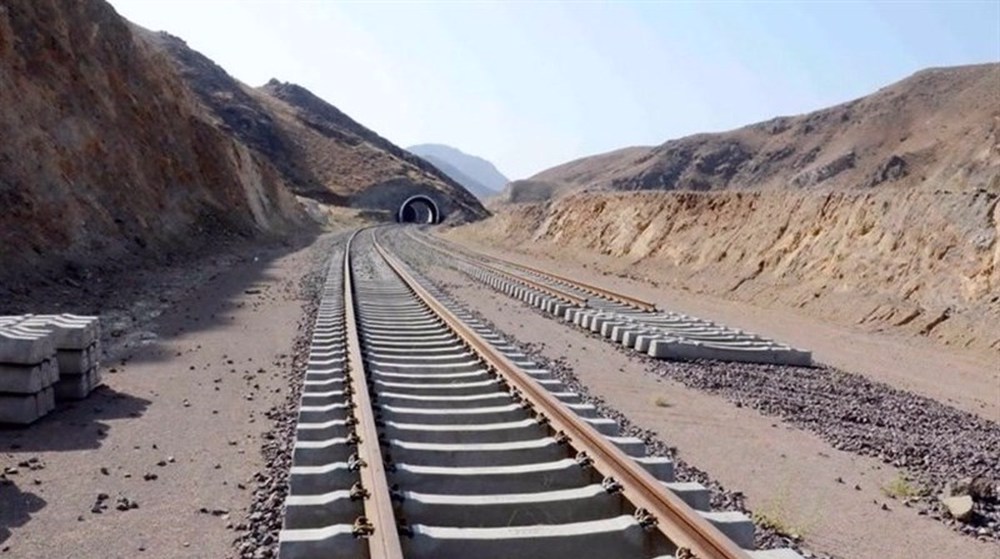
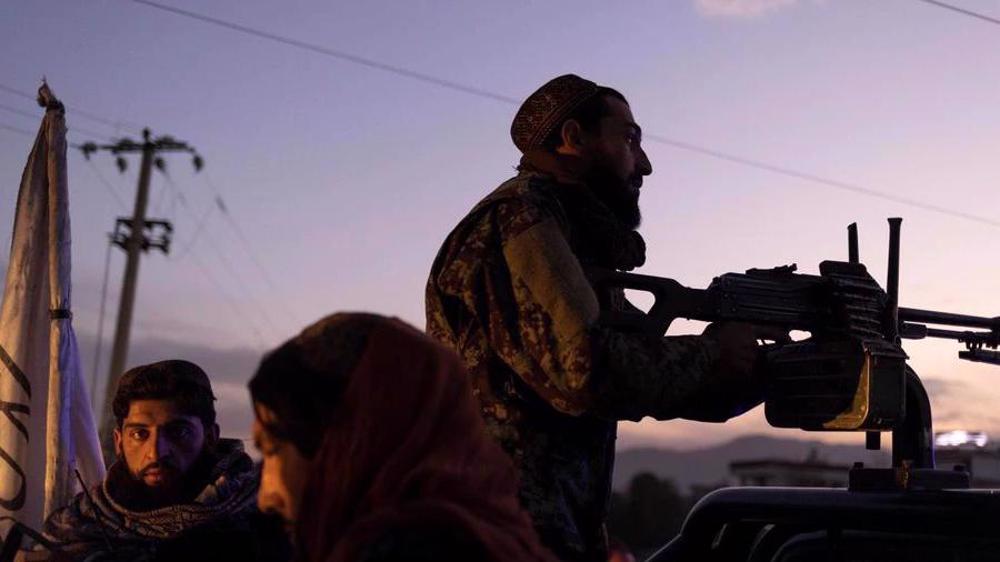

 This makes it easy to access the Press TV website
This makes it easy to access the Press TV website